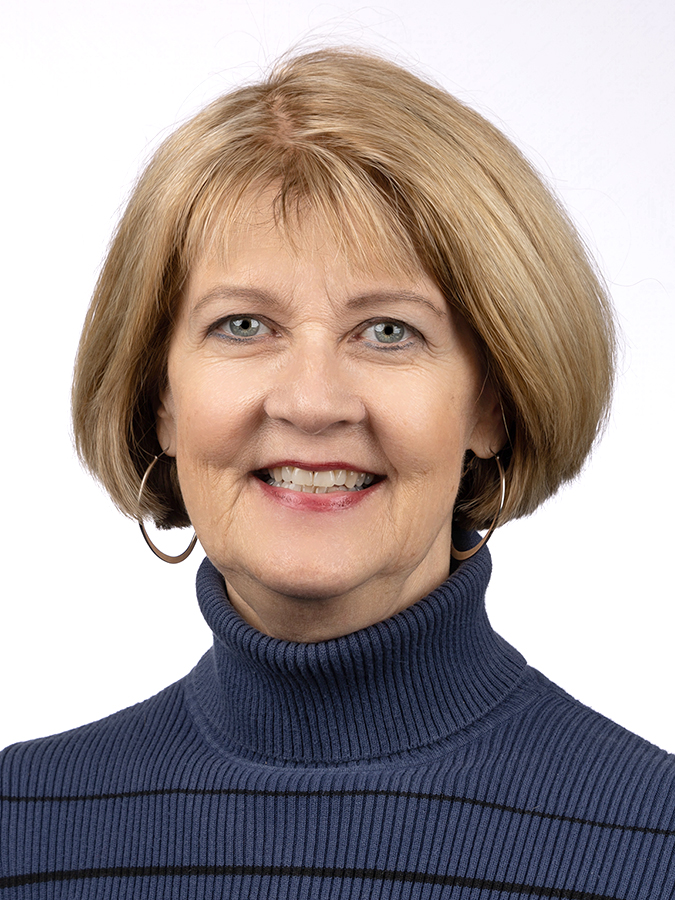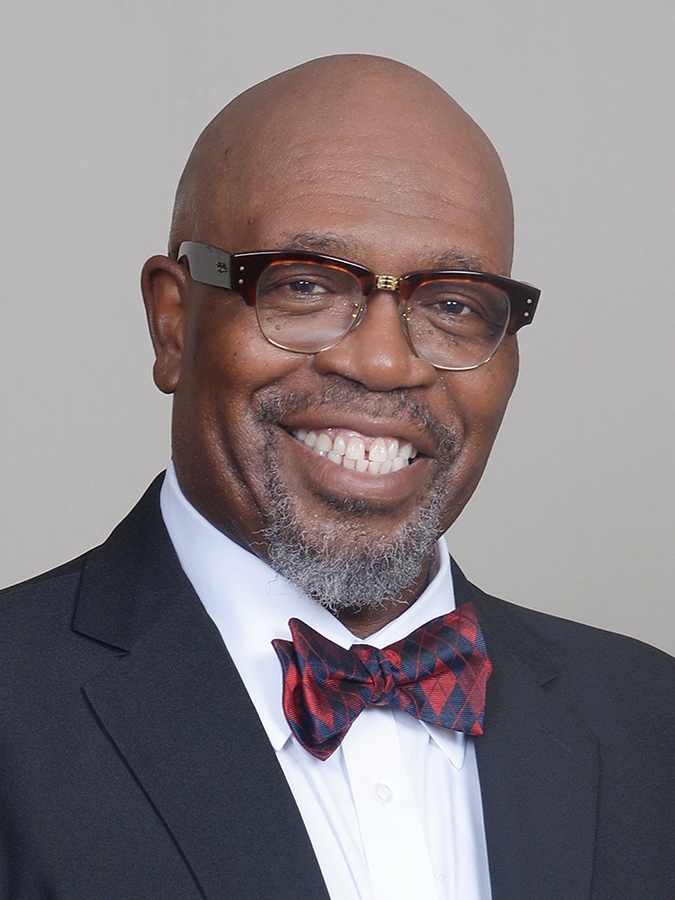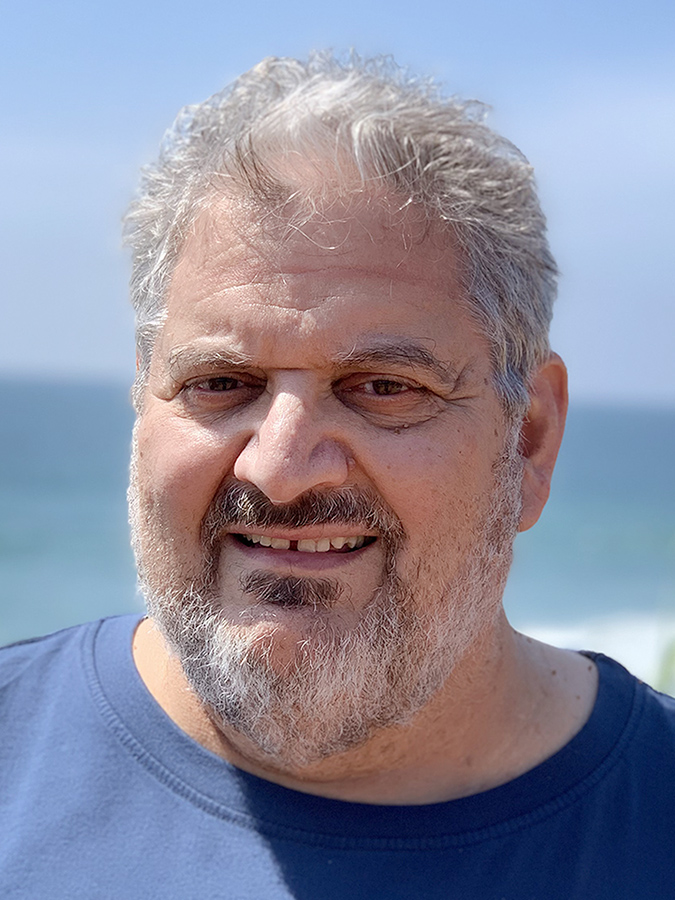The German population is concerned about disinformation being disseminated deliberately over the internet. They fear that political opinions and elections are being influenced in this way. The political class, civil society and the media must confront this challenge. Comparison with the United States shows that polarisation boosts awareness of disinformation.
Gütersloh/Berlin, 28 February 2024. In the opinion of 84 per cent of the German public, disinformation disseminated deliberately over the internet presents a large, or even extremely large, problem for our society. This is the outcome of the Bertelsmann Stiftung’s study “Disconcerted Public”. “Most people are by now aware that disinformation poses a danger to democratic society. An attempt is being made, for example, to influence elections and to undermine confidence in politics, political parties and the media. This development presents a challenge, particularly with a view to the current super election year, which must be solved so as to safeguard our liberal democracy,” Bertelsmann Stiftung executive board member Daniela Schwarzer believes.
More than 90 per cent of respondents said the motive behind this disinformation was to influence political opinion in the population. In consequence, respondents noticed disinformation most frequently in connection with disputed and controversial issues, such as immigration, health, war and the global warming crisis.
Greater awareness of the problem in the US
The polling data also reveal that insecurity caused by and perception of disinformation are more pronounced in the US than in Germany. “Respondents in the US more frequently hold politicians and political parties responsible for disinformation and view the opposite political camp as the source. This reveals the polarization in the US, which is cropping up increasingly during the election campaign,” Kai Unzicker, a Bertelsmann Stiftung expert on social cohesion, says. The authors believe that Germany needs better guidelines. “Social networks should be obliged to embed factchecking and confidence assessments,” Cathleen Berger, a Bertelsmann Stiftung IT expert, says. Checking and reporting information should in general be made easier for users. In addition, independent monitoring of digital content by multiple non-state actors is needed, she says.
Additional information:
For the “Disconcerted Public” representative online survey commissioned by the Bertelsmann Stiftung, 5,055 people in Germany and 2,018 in the United States from the age of 16 were polled between 4 and 17 October 2023. The opinion research company pollytix strategic research gmbh conducted and evaluated the survey. This study is part of Upgrade Democracy, a Bertelsmann Stiftung project.
Our experts: Kai Unzicker, Phone: +49 (0) 52 41 81 81 405
Email: kai.unzicker@bertelsmann-Stiftung.de
Cathleen Berger, Phone: +49 (0) 30 27 57 88 154
Email: cathleen.berger@bertelsmann-stiftung.de
About the Bertelsmann Stiftung: Moving people. Shaping the future.
The Bertelsmann Stiftung is committed to ensuring that everyone can participate in society – whether politically, economically or culturally. Our Programme: Education and the next generation, democracy and cooperation, digitalisation and the common good, Europe’s future, health, and a sustainable social market economy. We place people at the focus, as it is people who are able to move, change and improve the world. To this end, we make use of knowledge, train competencies and devise solutions. The Bertelsmann Stiftung was set up as a non-profit organization by Reinhard Mohn in 1977.
For further information: www.bertelsmann-stiftung.de





